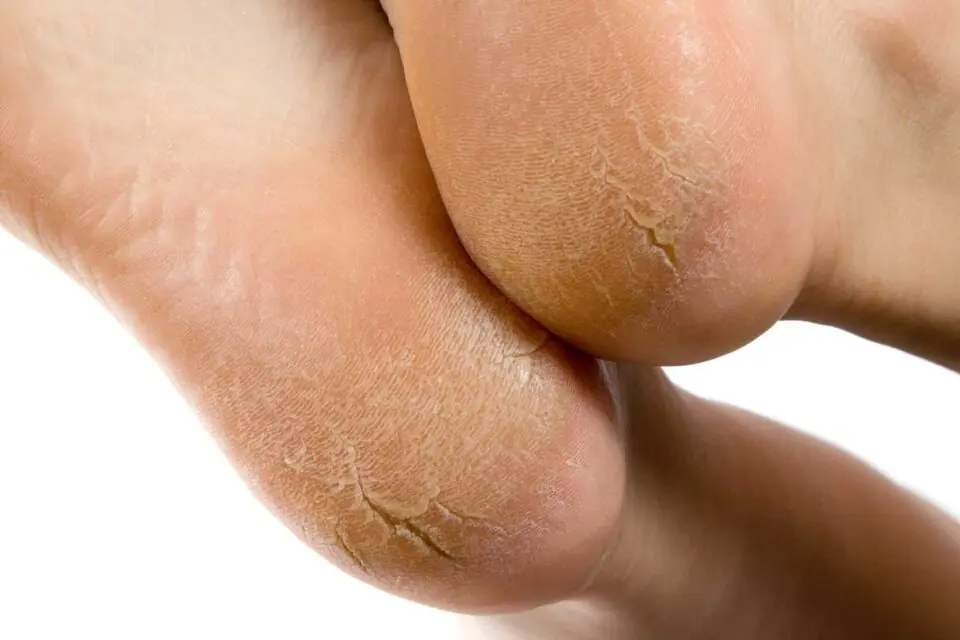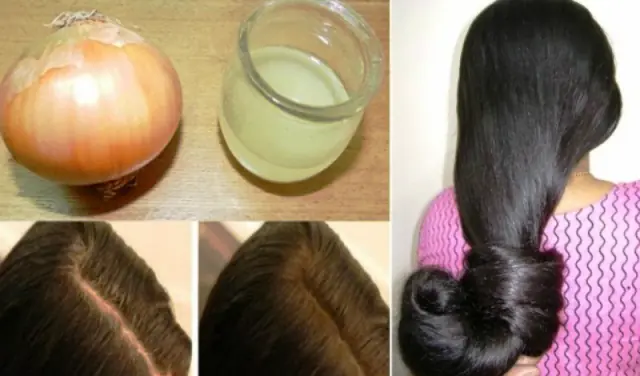
The Pros and Cons of Sleeping with a Fan On

As temperatures rise during the warmer months, many people rely on fans to stay cool at night. Sleeping with a fan on can offer comfort, but it's important to understand both the benefits and potential downsides before making it a regular part of your sleep routine. This article takes a closer look at the pros and cons of sleeping with a fan on—and offers practical tips to ensure you use it safely and effectively.
Benefits of Sleeping with a Fan On
1. Temperature Regulation
Fans create a steady airflow that helps lower body temperature by increasing evaporation of sweat. This cooling effect can make it easier to fall asleep and stay asleep, especially in hot or humid environments where traditional air conditioning may not be available or energy-efficient.
2. White Noise for Better Sleep
The constant hum or whirring sound of a fan can act as white noise. This consistent background noise masks sudden disruptions such as traffic, barking dogs, or other household sounds that might otherwise wake you up. For light sleepers, this can significantly improve sleep quality.
3. Improved Air Circulation
Good air circulation can prevent the room from feeling stale or stuffy. A fan helps move air around the space, which can reduce the sensation of heaviness or humidity in the air and create a more refreshing and breathable environment for sleep.
4. Cost-Effective Cooling Option
Compared to running an air conditioner all night, fans use considerably less electricity. For budget-conscious individuals or those seeking more sustainable cooling methods, fans offer a more energy-efficient alternative.
Potential Drawbacks of Sleeping with a Fan On
1. Dryness and Dehydration
Constant airflow directed at your body or face can lead to dry skin, irritated eyes, and dry nasal passages. This can cause discomfort or even contribute to nosebleeds or a scratchy throat upon waking.
2. Circulation of Allergens
Fans can kick up and spread dust, pollen, pet dander, and other airborne allergens throughout the room. For people with allergies or asthma, this increased circulation can worsen symptoms, especially if the fan or surrounding areas are not cleaned regularly.
3. Muscle Stiffness or Cramps
Sleeping in a direct stream of cool air can cause your muscles to tense during the night. This can lead to stiffness, cramps, or even mild soreness in the neck, shoulders, or joints upon waking, especially for those who sleep in one position for long periods.
4. Noise Sensitivity
While white noise is beneficial for many, some people may find the sound of a fan distracting or irritating. This is especially true if the fan rattles, vibrates, or emits an uneven sound.
Tips for Safe and Comfortable Fan Use at Night
-
Keep the Fan Clean: Dust and allergens can quickly accumulate on fan blades and grills. Clean your fan regularly to prevent it from dispersing particles into the air.
-
Adjust Fan Placement: Avoid pointing the fan directly at your face or body. Instead, angle it to circulate air throughout the room without blowing directly on you.
-
Use a Timer or Auto Shut-Off: Many modern fans come with a timer feature. Set it to turn off after a few hours, so you benefit from the cooling effect as you fall asleep but avoid prolonged exposure overnight.
-
Pair with a Humidifier: To combat the drying effect of fan use, consider using a humidifier in your bedroom. This helps maintain balanced humidity levels and protects your skin and respiratory system from excessive dryness.
-
Choose the Right Fan Type: Consider bladeless or oscillating fans, which often produce a smoother airflow and are quieter—ideal for nighttime use.
Conclusion
Sleeping with a fan on can be a great way to stay cool, improve air circulation, and reduce nighttime disturbances through white noise. However, it also comes with potential downsides such as dryness, allergen circulation, and muscle stiffness. By being mindful of how you use your fan—keeping it clean, adjusting its direction, and supplementing it with other tools like a humidifier—you can create a sleep environment that’s both comfortable and healthy.
Whether or not you choose to sleep with a fan ultimately depends on your personal comfort and any health sensitivities. With the right precautions, you can enjoy the benefits while minimizing the risks.
News in the same category


5 Unconventional Signs of Breast Cancer That You Must Know About

Low FT3 Levels Predict Risk for Nerve Damage in Diabetes

Doctors Urge: Don’t Ignore Unexplained Bruising — These Hidden Reasons Could Be the Cause

12 Urgent Warning Signs You’re Eating Too Much Sugar

5 Common Habits Silently Destroying Your Liver (Most People Do Them!)

The Ultimate Guide to Marinating Fish

10 Symptoms of Kidney Disease

5 Potential Health Benefits of Macadamia Nuts

How to Exercise Safely When You Have Atrial Fibrillation

How to Get Rid of Dead Dry Skin on Feet

Foods to Eat if You Need to Poop – The Best Natural Laxatives

How to Make Onion Juice for Hair Growth & Strong Hair

3 Best Ways to Boil Sweet Potatoes for Maximum Flavor

Top 13 Inflammatory Foods You Should Avoid (Replace with These)

Why You Should Drink THIS Warm Turmeric Water In The Morning

14 Warning Signs of Low Magnesium Levels and What to Do About It (Science Based)

The Six Signs Of A Potassium Deficiency – And How To Fix It
News Post

14 Warning Signs of Low Magnesium Levels and What to Do About It (Science Based)

5 Unconventional Signs of Breast Cancer That You Must Know About

Low FT3 Levels Predict Risk for Nerve Damage in Diabetes

Doctors Urge: Don’t Ignore Unexplained Bruising — These Hidden Reasons Could Be the Cause

12 Urgent Warning Signs You’re Eating Too Much Sugar

5 Common Habits Silently Destroying Your Liver (Most People Do Them!)

Where Do You Stand on the Sitting-Rising Test?

The Ultimate Guide to Marinating Fish

One Button, Big Savings: Cut Energy Costs with Every Wash

10 Symptoms of Kidney Disease

10 Types of Toxic Friends to Avoid

Index Finger Length: Personality and Fortune

5 Potential Health Benefits of Macadamia Nuts

How to Exercise Safely When You Have Atrial Fibrillation

How to Get Rid of Dead Dry Skin on Feet

Foods to Eat if You Need to Poop – The Best Natural Laxatives

How to Make Onion Juice for Hair Growth & Strong Hair

3 Best Ways to Boil Sweet Potatoes for Maximum Flavor
